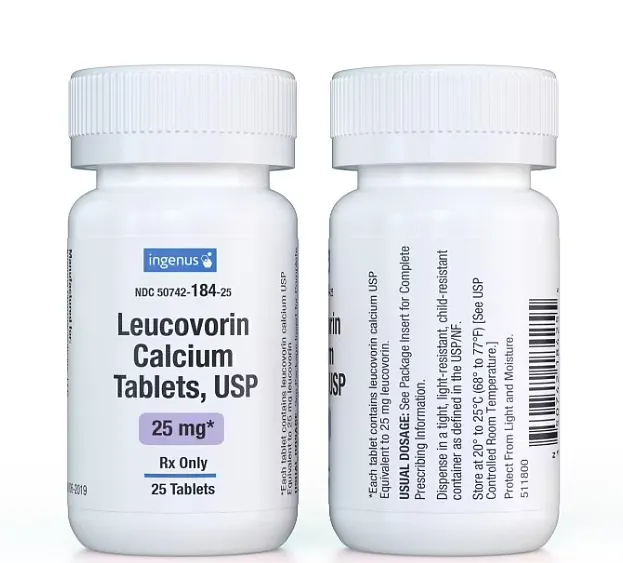A groundbreaking medical discovery is giving new hope to families of children with autism. Dr. Richard Frye, a leading pediatric neurologist, has uncovered evidence that a cheap, generic drug—Leucovorin—can dramatically improve autism symptoms, even restoring speech in some nonverbal children.
For Mason Connor, a young boy from Arizona diagnosed with autism at two-and-a-half years old, this discovery changed everything. Despite years of speech therapy and treatments, Mason remained nonverbal.
That was until his parents met Dr. Frye at Rossignol Medical Center in Arizona, who suggested they try Leucovorin, a drug typically used to protect red blood cells in cancer patients undergoing chemotherapy.
Just three days after starting the $2.50 pills, Mason spoke his first words at age three.
Leucovorin is derived from folic acid—also known as vitamin B9—a crucial nutrient for DNA synthesis and brain development.
While folate, its natural form, is found in foods like leafy vegetables, beans, and eggs, some children with autism may have a hidden deficiency due to a biological blockade that prevents folate from reaching the brain.
Leucovorin helps bypass this blockage, potentially unlocking critical developmental functions like speech and cognitive abilities.
Dr. Frye told CBS News: “[Leucovorin] could really have a substantial impact on a very good percentage of children with autism.”
According to the CDC, about one in 36 children in the U.S.—nearly two million—have autism. Many are diagnosed by age five, though testing can begin as early as age two.
Research from the National Institutes of Health suggests that nearly 70% of autistic children have folate receptor autoantibodies, which attack healthy cells and block folate absorption in the brain. This deficiency may contribute to common symptoms like language delays and behavioral issues.
Dr. Frye’s studies provide compelling evidence of Leucovorin’s effectiveness. In one study, 44 autistic children with these autoantibodies received 50 milligrams of Leucovorin daily for four months.
The results were staggering. Every child experienced improvements in language, behavior, mood, attention, and aggression. Another 2018 study from his team confirmed these findings, reporting significant gains in language skills and reductions in irritability, hyperactivity, and lethargy.
Despite its potential, Leucovorin is only FDA-approved for chemotherapy patients and certain types of anemia, though doctors can prescribe it off-label for autism.
Dr. Frye, however, warns that because the drug is inexpensive, there is little financial incentive for pharmaceutical companies to invest in further research and FDA approval.
“We’ve done the science, and the next step is that we want to get more funding so we can actually get it FDA approved [for childhood autism],” he said.
Previous studies have also suggested that pregnant women who take folic acid supplements may reduce their child’s risk of autism by up to 40%. This further supports the idea that folate metabolism plays a crucial role in neurodevelopment.
Today, at five years old, Mason is still taking Leucovorin. Once completely nonverbal, he is now preparing to enroll in a traditional kindergarten class—a milestone his parents once feared would never be possible.
The implications of Dr. Frye’s research are profound. With millions of families searching for answers, Leucovorin could be a game-changer. The question now is: will the medical community take action, or will this potential breakthrough be ignored because it may not generate enough profit for Big Pharma?


